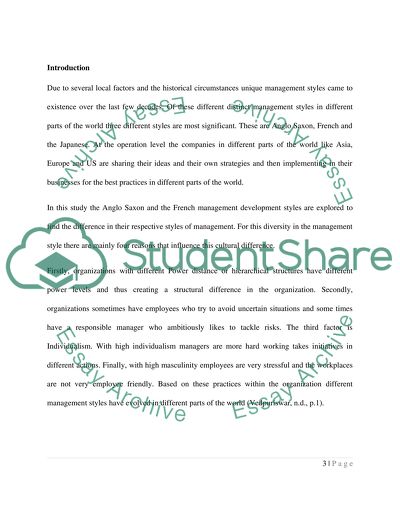Cite this document
(“Management Development Coursework Example | Topics and Well Written Essays - 2250 words”, n.d.)
Retrieved from https://studentshare.org/finance-accounting/1413063-management-development
Retrieved from https://studentshare.org/finance-accounting/1413063-management-development
(Management Development Coursework Example | Topics and Well Written Essays - 2250 Words)
https://studentshare.org/finance-accounting/1413063-management-development.
https://studentshare.org/finance-accounting/1413063-management-development.
“Management Development Coursework Example | Topics and Well Written Essays - 2250 Words”, n.d. https://studentshare.org/finance-accounting/1413063-management-development.


